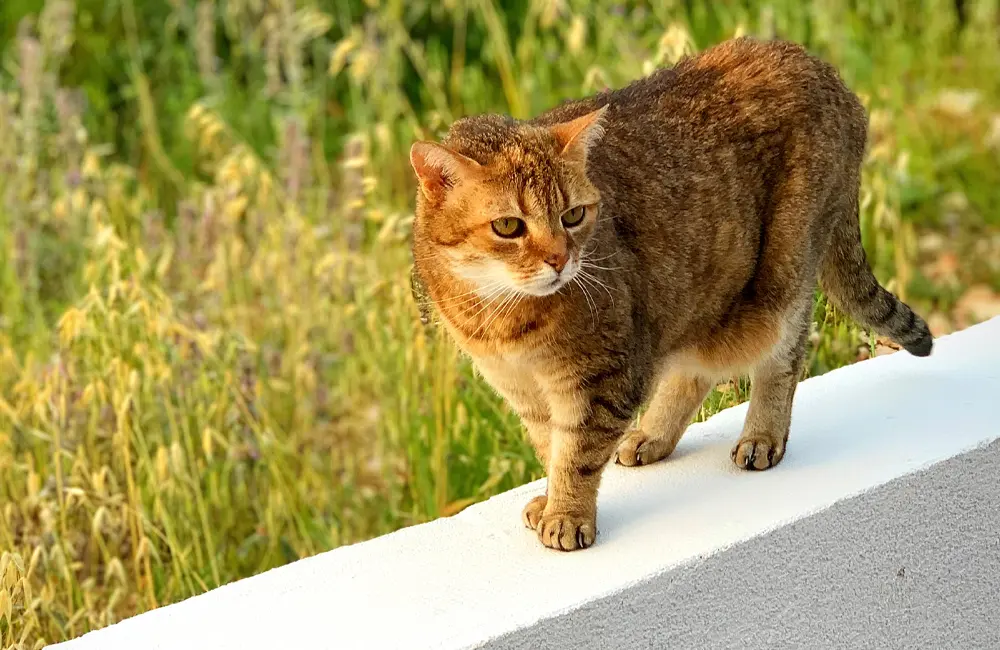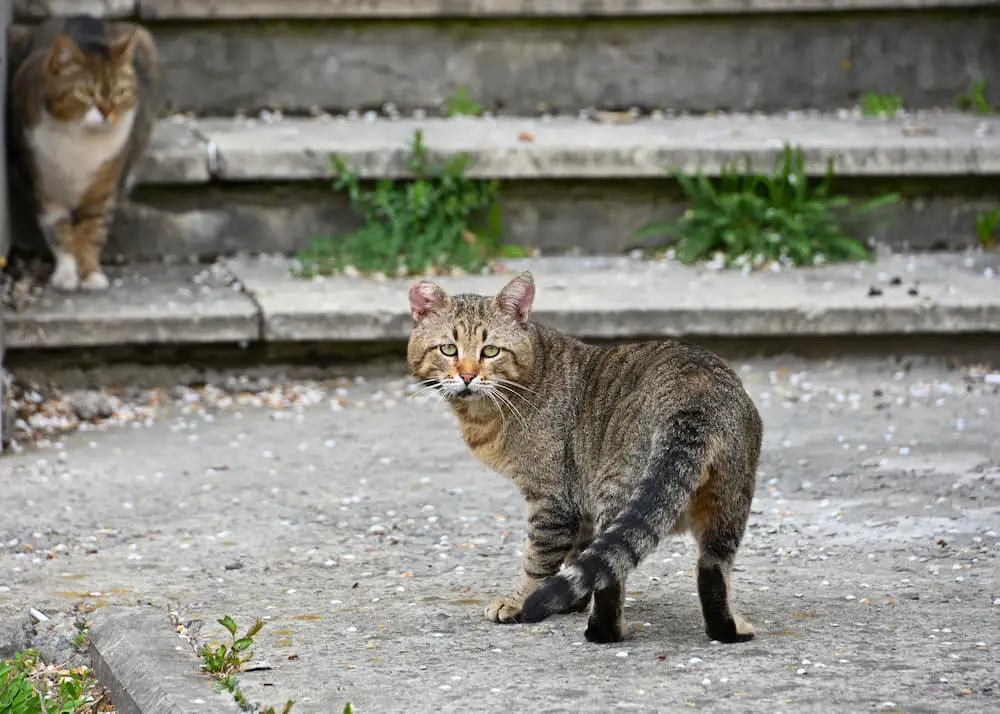Have you ever seen a cat lurking around your neighborhood and wondered if it was lost or abandoned? This is a common occurrence in many areas, as there are millions of homeless cats across the country. While it may be tempting to take these cats in and care for them, this isn’t always the best solution. In fact, Trap-Neuter-Release (TNR) programs are often a much more effective way of helping community cats. Here’s a look at how TNR works and why it’s such an important part of feline welfare.

TNR stands for “trap-neuter-release.” It’s a program that was developed to help control the feral cat population. The idea is to humanely trap feral cats, have them spayed or neutered, and then release them back into their colonies.
How TNR Works
The first step in a TNR program is trapping feral cats. This is usually done with live traps, which are baited with food. Once the cat is trapped, he or she is taken to a vet to be spayed or neutered. After the surgery, the cat is given a rabies vaccine and returned to his or her colony. Ear tips are also clipped as part of the surgery; this helps identify which cats have already been through the TNR program.
Benefits of TNR
There are many benefits of TNR, both for the cats themselves and for the communities in which they live. For example, Trap-Neuter-Return:
• Helps reduce the number of homeless cats overall
• Reduces behaviors like yowling and fighting that are often associated with mating
• Allows cats to live out their natural lives
• Is cost-effective
• Is supported by most major animal welfare organizations
TNR programs are beneficial for both the cats and the community. For the cats, it helps reduce homeless litters and cuts down on fighting (and consequent injuries). It also makes them healthier overall since they’re not reproducing. For the community, TNR reduces noise complaints and property damage often caused by feral cats.
If you’re concerned about the number of homeless cats in your community, consider supporting a local TNR program. By humanely trapping, spaying or neutering, and vaccinating feral or community cats, TNR can help reduce the number of homeless cats overall. Not to mention, it also allows these cats to live out their natural lives—something we can all feel good about!
The Catington Post is reader-supported. That means, if you make a purchase through links on our site, we may earn an affiliate commission. All images and names which are not the property of The Catington Post are the property of their respective owners.






